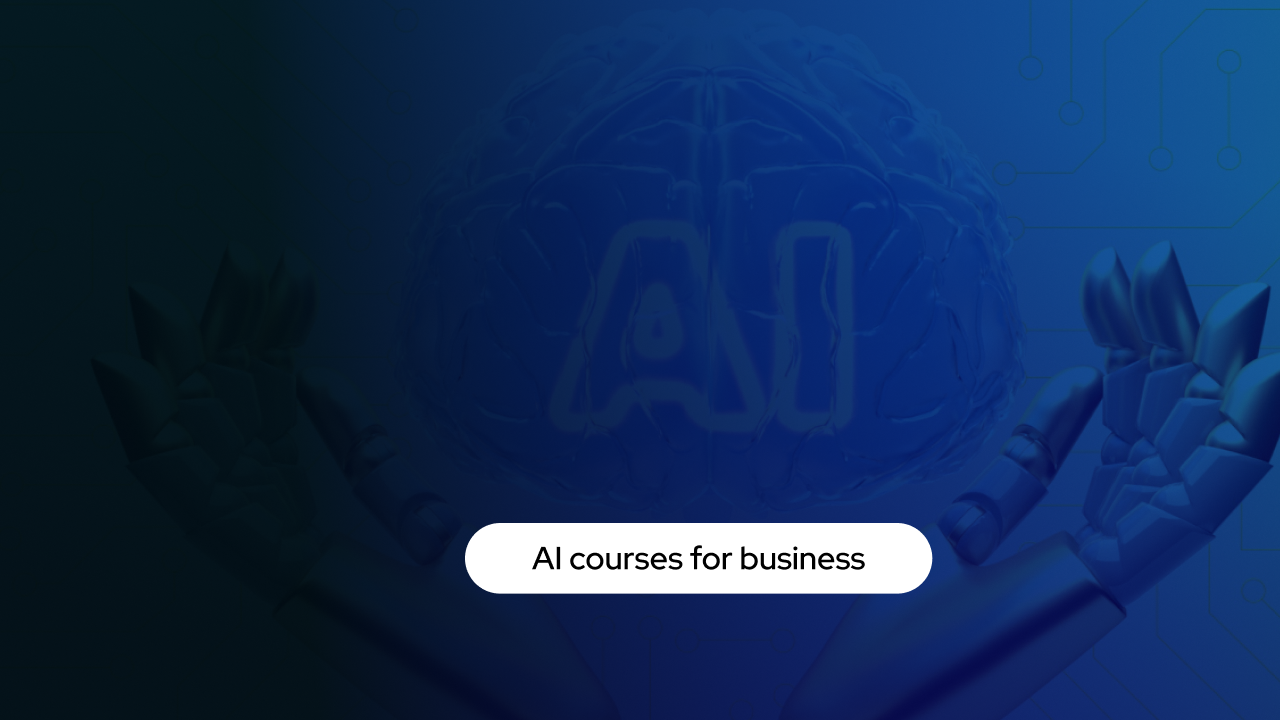The AI Guide to Asteroid Detection and Planetary Defense

Introduction
Asteroids, remnants from the formation of our solar system, pose a significant threat to Earth. While most of them harmlessly orbit the Sun, some can venture too close to our planet's orbit, potentially leading to catastrophic consequences. To safeguard against this cosmic peril, scientists and engineers have turned to artificial intelligence (AI) as a powerful tool for asteroid detection and planetary defense. In this article, we will explore how AI is revolutionizing our ability to identify and mitigate asteroid risks.
Asteroid Detection: A Challenging Endeavor
Identifying potentially hazardous asteroids among the multitude of celestial objects in the night sky is akin to finding a needle in a cosmic haystack. Traditional methods involve painstakingly scanning vast sections of the sky, a time-consuming and often incomplete process.
AI-Powered Asteroid Detection: New Era
Artificial intelligence has brought a transformative shift in asteroid detection. By processing vast amounts of data at incredible speeds, AI algorithms can discern subtle movements and patterns that might escape human observers.
A new AI-powered algorithm has detected a potentially hazardous asteroid (PHA) heading in Earth’s direction that other more old-school surveys - including the NASA-funded Asteroid Terrestrial-impact Last Alert System (ATLAS) - failed to find.
.jpg)
The Role of Neural Networks
Deep learning, a subset of AI, has proven especially effective in asteroid detection. Neural networks can be trained on large datasets of celestial images, learning to recognize the distinct characteristics of asteroids. Once trained, these networks can quickly identify potential threats.

Early Warning Systems
AI is essential in the development of early warning systems. By continuously monitoring the night sky and cross-referencing new observations with historical data, AI can alert astronomers to potentially hazardous objects well in advance.
Planetary Defense: Deflecting Asteroids
Asteroid detection is only one part of the equation. Should a potentially hazardous asteroid be identified, planetary defense strategies must be employed. AI can assist in designing and executing these strategies.
Optimizing Deflection Trajectories
AI algorithms can analyze the asteroid's trajectory and composition to determine the most effective deflection method. This ensures that any deflection attempts are as efficient as possible.

Autonomous Spacecraft for Deflection
AI-powered autonomous spacecraft equipped with kinetic impactors or deflection technologies can intercept and alter the course of potentially hazardous asteroids.

Conclusion: The Future of Planetary Defense
As Earth's population continues to grow, the importance of planetary defense against asteroid threats cannot be overstated. Artificial intelligence has emerged as a vital tool in our efforts to detect, monitor, and mitigate these cosmic hazards. By harnessing the power of AI, we are taking significant strides toward ensuring the safety and security of our planet in the face of the unknown.
In the coming years, AI will likely play an even more significant role in asteroid detection and planetary defense, pushing the boundaries of our understanding and capabilities in space science.




